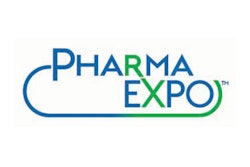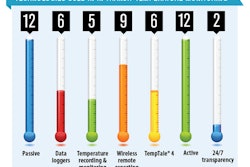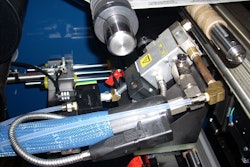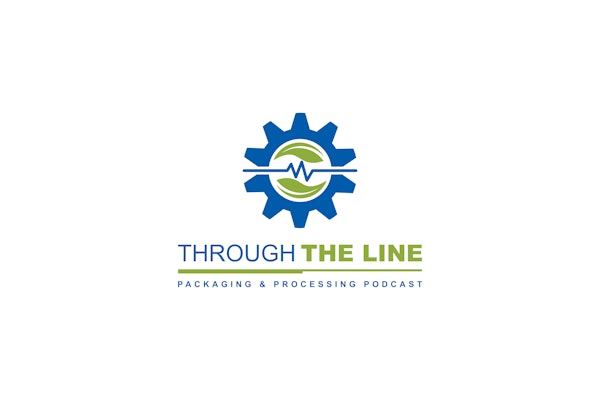This content was written and submitted by the supplier. It has only been modified to comply with this publication’s space and style.
Recognized for establishing quality standards for medicines, food ingredients and dietary supplements, the United States Pharmacopeial Convention (USP) announced the selection of its 2013-2014 USP Global Fellows. The Global Fellowship program has awarded $150,000 in research grants to support the work of early-career scientists with the goal of advancing research priorities in small molecule drugs, biologics, excipients, dietary supplements and food ingredients that address specific USP scientific or research needs. USP has invested nearly $4 million in more than 200 fellowship awards over the past thirty years.
“Significant research and innovations in science and technology often stem from the work of young researchers attempting to create sustainable solutions to the world’s toughest problems,” said Roger L. Williams, M.D., USP’s chief executive officer. “We are proud to be able to invest in these talented leaders who display extraordinary promise to help meet the global challenges associated with USP’s goals of improving medicine and food quality.”
USP, a global health organization, improves lives around the world through public standards and related programs that help ensure the quality, safety and benefit of medicines and foods. Each year, USP conducts a competitive process for selecting fellows who are engaged in full-time study in a Ph.D. or Pharm. D. program, medical school or dental school, and whose works are directly relevant to USP’s priorities.
For the 2013-2014 academic year, three $50,000 USP Global Fellowship awards have been presented to the following students:
• Adam L. Kaylor, Ph.D. candidate, Georgia Institute of Technology, School of Chemistry and Biochemistry
Area of Research — Development of a new pulsed plasma ion source for counterfeit drug analyses by portable ion mobility spectrometry and rapid liquid chromatography-mass spectrometry (LC-MS). The presence of poor quality medicines is a serious public health problem worldwide, especially acute within the confines of unregulated pharmaceutical industries in developing countries. Dr. Kaylor’s research aims to (1) develop a new type of pulsed plasma field portable ion mobility spectrometer for detection and identification of falsified drugs and (2) to adapt the plasma ionizer developed to a new type of LC-MS interface for laboratory investigation of poor quality medicines. The technology developed by Dr. Kaylor has the potential to enhance the toolbox for counterfeit drug analysis in both field and laboratory applications.
• Haichen Nie, M.S., Purdue University, College of Pharmacy, Department of Industrial and Physical Pharmacy
Area of Research — Sustainable medicines for Africa—Development of monographs and associated knowledge to increase access to HIV/AIDS medicines for resistant infections (Darunavir-Ritonavir). One of the primary goals of the Sustainable Medicines in Africa Program (Kilimanjaro School of Pharmacy, Moshi, Tanzania, Purdue University and Howard University) is to manufacture high quality medicines in Africa for Africans. There are currently no enabling monographs to allow production of high-quality generic Darunavir-Ritonavir products. Mr. Nie’s research involves the development of monographs for Darunavir-Ritonavir anti-HIV/AIDS drugs to support development of quality drug products for resistant HIV infections. This is the drug of choice because of its ability to treat resistant infections, especially in children. Mr. Nie’s work in this field has the capability of clearly defining the manufacturing specifications of Darunavir-Ritonavir, thus helping to set the stage for continual access to high quality medicines.
• Sharla M. Peters, Postdoctoral candidate, Howard University, College of Medicine, Department of Biochemistry and Molecular Biology
Area of Research — Development of a multiplex real-time polymerase chain reaction (PCR) assay for the detection of ruminant material in adulterated products. Many unscrupulous manufacturers find it economically beneficial to substitute cheaper or more accessible materials than authentic materials included on a drug product’s label. Establishing a set of standards for the identity, quality, strength, and purity of these products is critical to improving the safety and efficacy of medicines. Dr. Peter’s work focuses on developing reliable assays to confirm the species of origin and determine the presence of contaminants in cases of economically-motivated adulteration. Specifically, her research presents a protocol for the development of a ruminant Multi-Plex Real-Time PCR Assay (rMRTA) for use with pancrelipase, fetal bovine serum and other ancillary materials.
Each of the Global Fellows will communicate regularly with a scientific liaison from USP headquarters in Rockville., Md., providing updates on his or her work and the relevance of its progress to USP’s priorities. In addition, each fellow will be invited to give a poster presentation at a USP-sponsored meeting or event during the course of the academic year.
For additional information, please email [email protected].






















